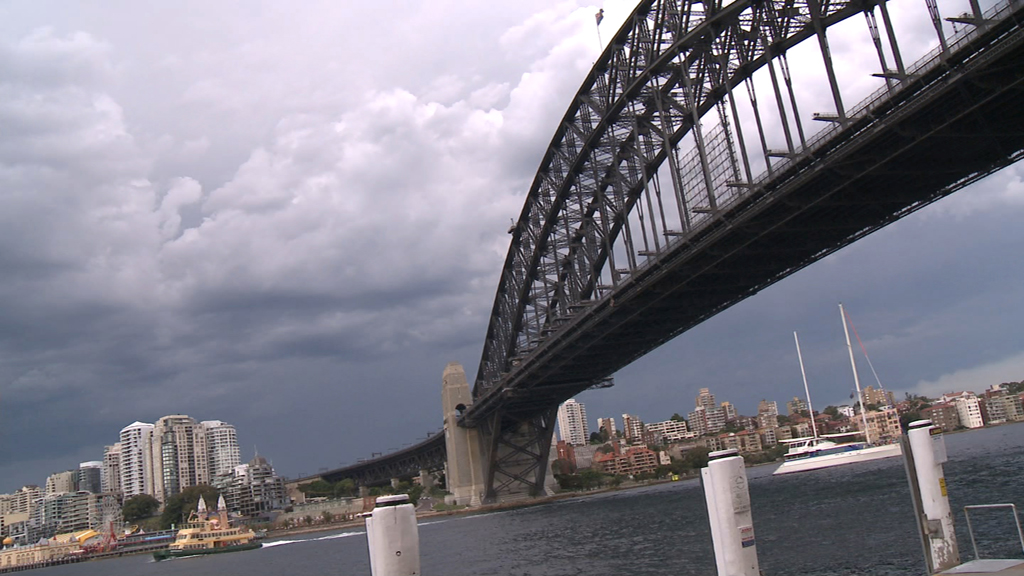Blog Post Layout
31 March 2022
What is supply chain due diligence?
We live in a world of ever-more massive and complex supply chains. Multinational companies rely heavily on third-party relationships that span economic, political, and geographical chasms.
At its most basic level, supply chain or third-party due diligence describes the efforts we take to discover any risks associated with a company’s supply chain, or with a potential business partner. Third-party due diligence applies both up and down the supply chain, including every stakeholder from suppliers, distributors, and agents to advisors and consultants, or even customers.
Moving to a better understanding
Full supply chain due diligence can be challenging. Supply chains don’t remain static but rather flex in line with variable factors. These factors include market conditions, demand variability, and statutory requirements.
The main impetus behind increased due diligence and oversight of a company's supply chain may be regulatory, particularly in the European Union. However, even regulators admit that a compliance-based approach to due diligence is not fully effective and that integrity concerns need to be integrated into a company’s core culture.

What is supply chain due diligence?
We live in a world of ever-more massive and complex supply chains. Multinational companies rely heavily on third-party relationships that span economic, political, and geographical chasms.
At its most basic level, supply chain or third-party due diligence describes the efforts we take to discover any risks associated with a company’s supply chain, or with a potential business partner. Third-party due diligence applies both up and down the supply chain, including every stakeholder from suppliers, distributors, and agents to advisors and consultants, or even customers.
Moving to a better understanding
Full supply chain due diligence can be challenging. Supply chains don’t remain static but rather flex in line with variable factors. These factors include market conditions, demand variability, and statutory requirements.
The main impetus behind increased due diligence and oversight of a company's supply chain may be regulatory, particularly in the European Union. However, even regulators admit that a compliance-based approach to due diligence is not fully effective and that integrity concerns need to be integrated into a company’s core culture.






